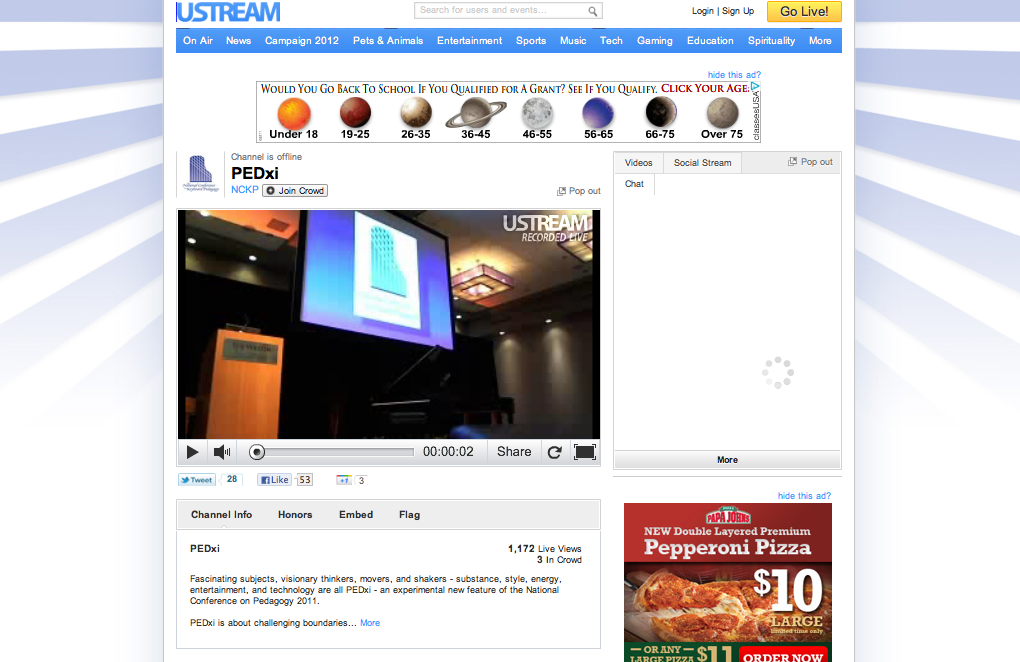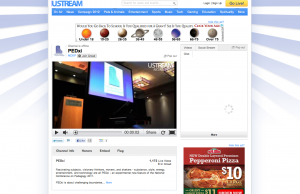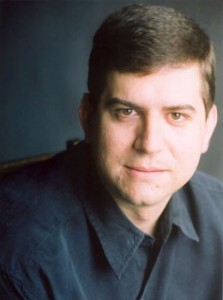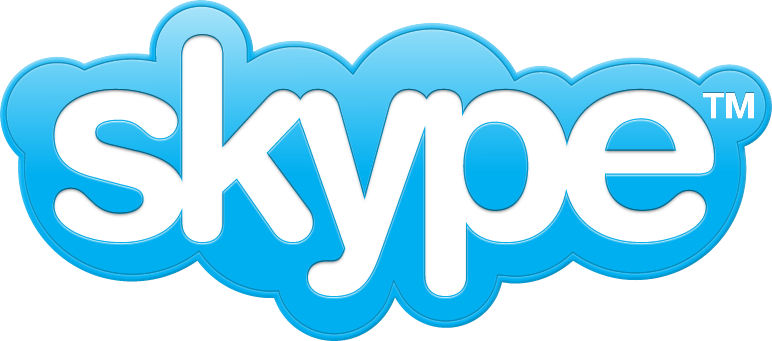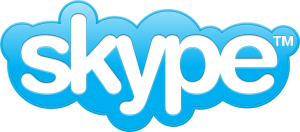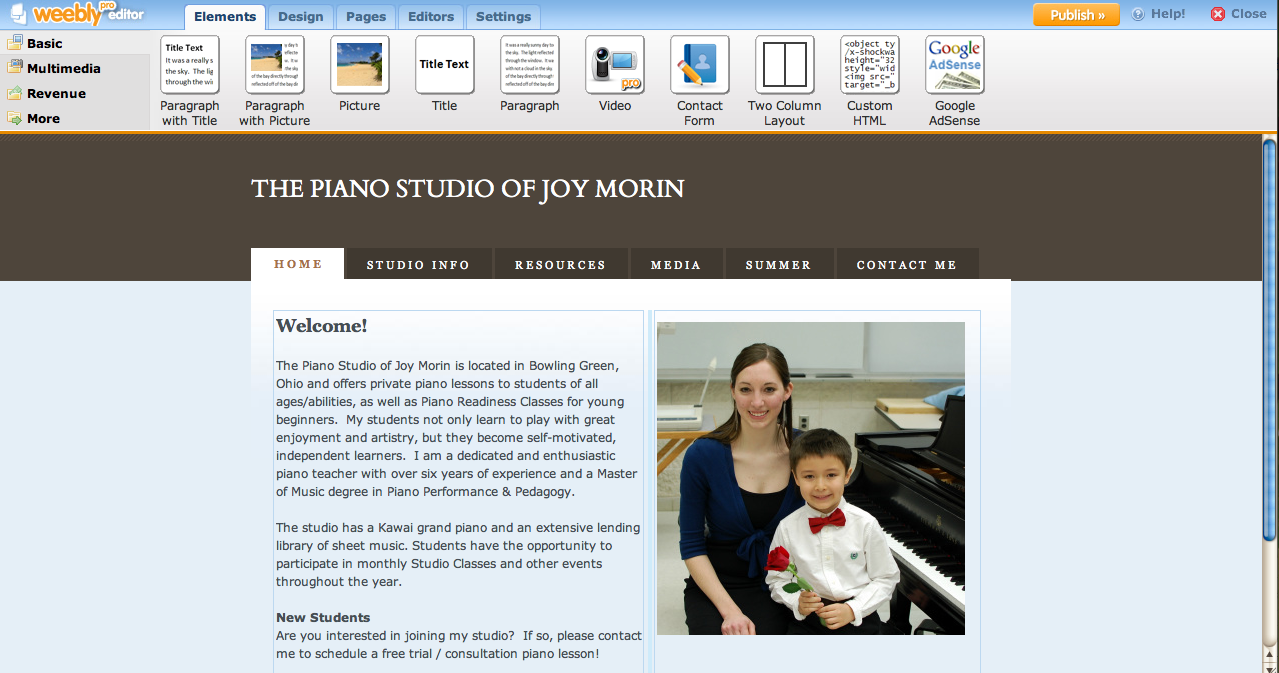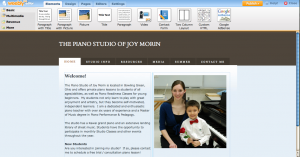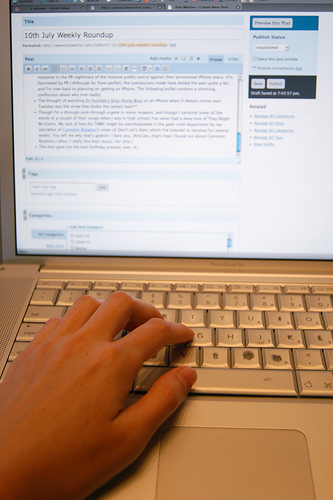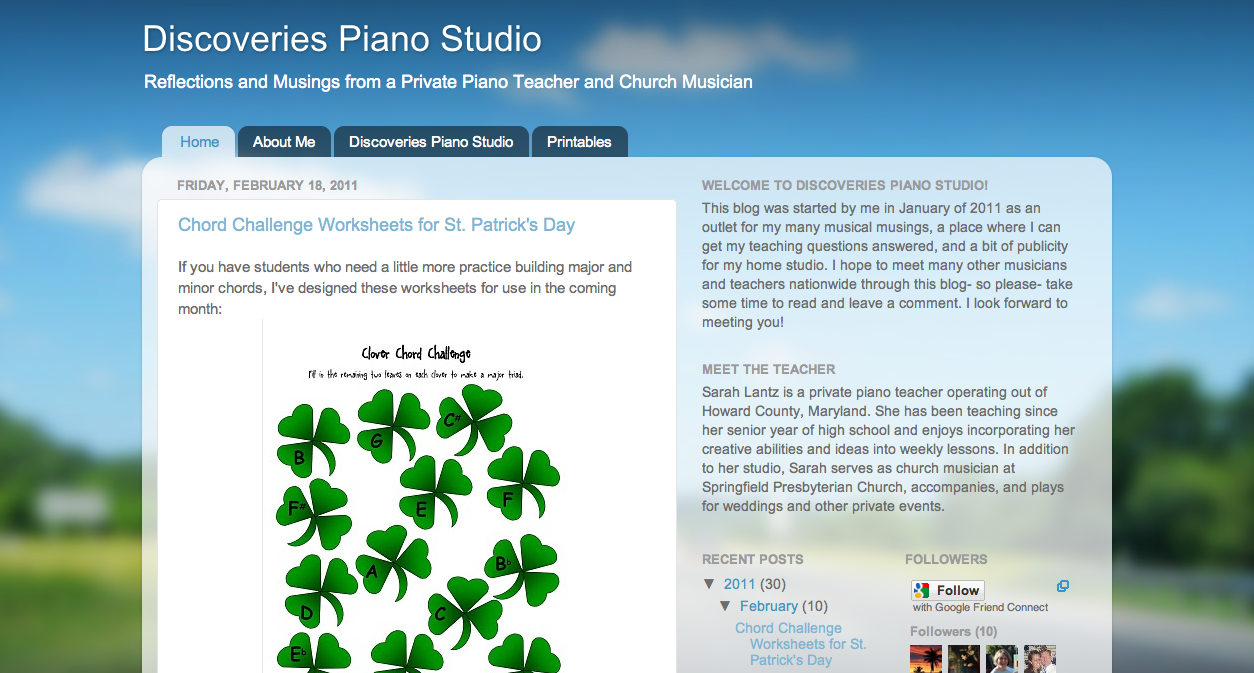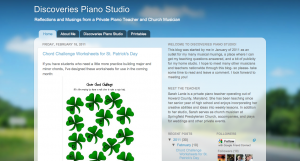 It’s time for a new Forum Q&A! We haven’t had one for awhile, due to the overtake of the conference posts. 🙂
It’s time for a new Forum Q&A! We haven’t had one for awhile, due to the overtake of the conference posts. 🙂
Last time, we discussed the possibility of offering lessons online via a service such as Skype! A number of you weighed in your thoughts and opinions — click here to view the comments. I’m more intrigued than ever with the idea, and am currently experimenting with it with a few individuals.
Today, though, I have a new question!
What is your #1 favorite piece of technology you use in your studio? It can be anything from a video camera, iPad, computer, digital piano, audio recorder, etc., etc., etc.
I’ve put mine in the comments already. I think it will be fun to hear everybody weigh in their thoughts!



